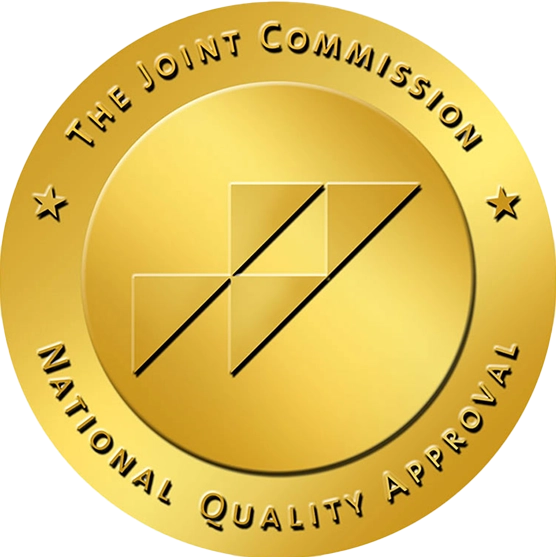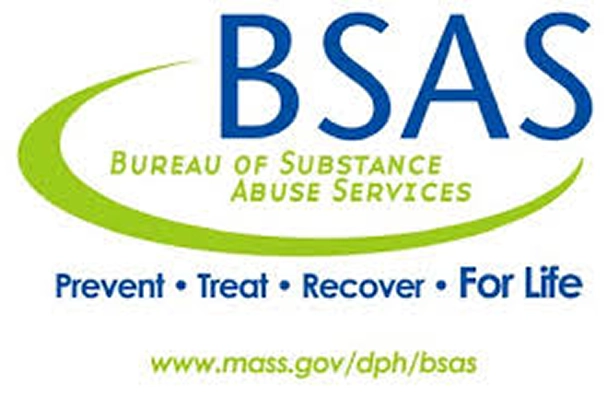Mood Disorder Treatment in MA
Mood disorders affect how people think, feel, and handle daily life, but effective treatment can help. At Rebuilding Mental Health, we offer compassionate care and evidence-based therapies to help you regain balance in your life.
What Are Mood Disorders?
Mood disorders are mental health conditions that affect how you feel and react to situations. They make it hard to manage emotions. Since there are different types of disruptive mood disorders, mood disorder symptoms vary based on the type, cause, and severity.
Mood disorders can develop from genetics, life experiences, brain chemistry, or substance use. Some people have a substance-induced mood disorder, meaning their symptoms are triggered by alcohol or drugs.


How Are Mood Disorders Treated?
Mood disorder treatment depends on the type and severity of the condition. Therapy for mood disorders is often the first step. Common options include cognitive-behavioral therapy (CBT), dialectical behavior therapy (DBT), and mindfulness techniques.
In some cases, mood disorder medications like antidepressants or mood stabilizers help manage symptoms. At Rebuilding Mental Health, we create personalized treatment plans based on your needs. Below, we’ll explore different mood disorders, their causes, and how they are treated.
Major Depressive Disorder (MDD)
Major depressive disorder (MDD) is one of the most common mood disorders. It causes persistent sadness, low energy, and loss of interest in daily activities. This makes even simple tasks feel overwhelming.
Major Depressive Disorder Symptoms
- Prolonged sadness or emptiness
- Loss of motivation and enjoyment in activities
- Fatigue and sleep disturbances
- Feelings of guilt or worthlessness
Major Depressive Disorder Treatment
MDD is treated with a combination of medications, therapy, and lifestyle changes. Major depressive disorder therapies, such as CBT and interpersonal therapy, help people build coping skills and get back control over emotions.
Bipolar Disorder
Bipolar disorder is a condition that causes extreme mood swings. These range from emotional highs (mania) to deep lows (depression). These shifts can impact relationships, work, and daily life.
Bipolar Disorder Symptoms
- Intense mood swings between mania and depression
- Risk-taking behavior or impulsivity during manic episodes
- Periods of low energy and sadness
- Trouble concentrating or making decisions
Bipolar Disorder Treatments
Treatment often includes bipolar disorder medications, such as mood stabilizers or antipsychotics, alongside therapy. Structured support helps individuals manage symptoms and stabilize emotions.
Borderline Personality Disorder vs. Bipolar
Both conditions involve mood instability. Bipolar disorder is marked by defined mood episodes, while borderline personality disorder (BPD) involves intense emotional reactivity in relationships. Therapy plays a key role in managing both conditions.

Disruptive Mood Dysregulation Disorder (DMDD)
Mood dysregulation disorder is a childhood condition. It’s characterized by severe temper outbursts and difficulty managing emotions. It can interfere with school, relationships, and daily life.
DMDD Symptoms
- Frequent, intense temper tantrums
- Chronic irritability between outbursts
- Difficulty managing frustration
- Mood swings that disrupt daily life
DMDD Treatment
A DMDD diagnosis is treated with a combination of therapy, behavioral interventions, and sometimes medication. Teaching emotional regulation and coping skills is key to treatment.
DMDD vs. ODD
DMDD and oppositional defiant disorder (ODD) both involve emotional outbursts. DMDD is rooted in mood instability, while ODD is characterized by defiance and opposition to authority figures.
Premenstrual Dysphoric Disorder (PMDD)
PMDD is a severe form of premenstrual syndrome (PMS). It causes intense mood swings, irritability, and depression in the weeks leading up to menstruation.
PMDD Symptoms
- Severe mood swings before menstruation
- Increased anxiety and irritability
- Fatigue and sleep disturbances
- Difficulty concentrating
PMDD Treatments
Treatment may include PMDD medication, such as hormonal therapy or antidepressants, combined with lifestyle changes and therapy to manage symptoms.
PMS vs. PMDD
PMS causes mild discomfort, while PMDD involves severe emotional and physical symptoms that disrupt your daily life.
Cyclothymic Disorder (Cyclothymia)
Cyclothymia is a milder form of bipolar disorder that causes frequent but less intense mood swings. While it doesn’t meet the full criteria for bipolar disorder, it can still affect daily life.
Cyclothymia Symptoms
- Alternating periods of high and low moods
- Mood changes that last days or weeks
- Irritability and emotional instability
- Difficulty maintaining relationships
Cyclothymic Disorder Treatment
Treatment includes therapy and, in some cases, medication to stabilize mood shifts. Lifestyle adjustments and stress management techniques can also help.
| Category | Mood Disorder | Personality Disorder |
|---|---|---|
| Cause | Chemical imbalances, trauma, genetics | Deep-rooted behavior patterns, emotional regulation difficulties |
| Symptoms | Mood instability, episodes of depression or mania | Ongoing difficulty with relationships and self-identity |
| Treatment | Therapy, medication, lifestyle changes | Long-term therapy, skill-building, behavioral interventions |
Mood Disorder vs. Personality Disorder
Mood disorders and personality disorders are often confused with one another. While it’s true that they do share some overlapping symptoms, they differ in how they are diagnosed and treated.
Get Help for Mood Disorders at Rebuilding Mental Health
Whether you’re dealing with bipolar disorder, PMDD, or another type of mood disorder, Rebuilding Mental Health is here to help. Our evidence-based mood disorder treatment programs combine therapy, medication management, and holistic support to help you find stability.

Our Outpatient Mood Disorder Treatment Programs
Finding the right level of care is essential for managing mood disorders effectively. Our outpatient programs offer different levels of support based on individual needs.
Day Treatment
An intensive Day Treatment program is suited for people who need strong structure. You’ll attend groups, individual sessions, and skills-based work focused on attention, organization, and emotional regulation.
Half-Day Treatment
For a step down, you can attend Half-Day Treatment sessions. This offers hands-on ADHD therapy and skills training in shorter blocks, allowing you to maintain a balance between work, classes, and family life.
Virtual Treatment
Using secure Zoom video calls, you can take part in Virtual Treatment. You’ll connect with clinicians, learn skills, and get support from home when in-person care isn’t a practical option for you.
Ready to Rebuild?
Mood disorders can feel overwhelming, but you don’t have to manage them alone. With the right treatment, emotional balance is within reach. Contact Rebuilding Mental Health today to verify your insurance and take the first step toward healing.
Ready to Rebuild?
FAQs
How can I support someone with a mood disorder?
Firstly, encourage them to seek professional help. Try to listen without judgment and offer support without trying to “fix” their emotions.
What’s the difference between bipolar and depression?
Bipolar disorder includes both depressive and manic episodes. Depression involves ongoing low moods without manic phases.
Is anxiety a mood disorder?
No, anxiety disorders are separate conditions from mood disorders. However, they do often occur alongside mood disorders.
How common is bipolar mood disorder?
Approximately 46 million people worldwide live with bipolar disorder, affecting around 0.6% of the global population.
Mental Health Resources

You might notice your college student is more focused on odds than homework, glued to their phone during games, or suddenly short on cash. At first, sports betting can sound

Many veterans carry stress that lingers long after service ends. Memories, pressure, and loss can follow them home, shaping daily life in ways that feel hard to explain. A strong

Living with bipolar disorder means dealing with mood swings that can feel like they’re controlling your life. One week, you may struggle to get out of bed. The next one,




